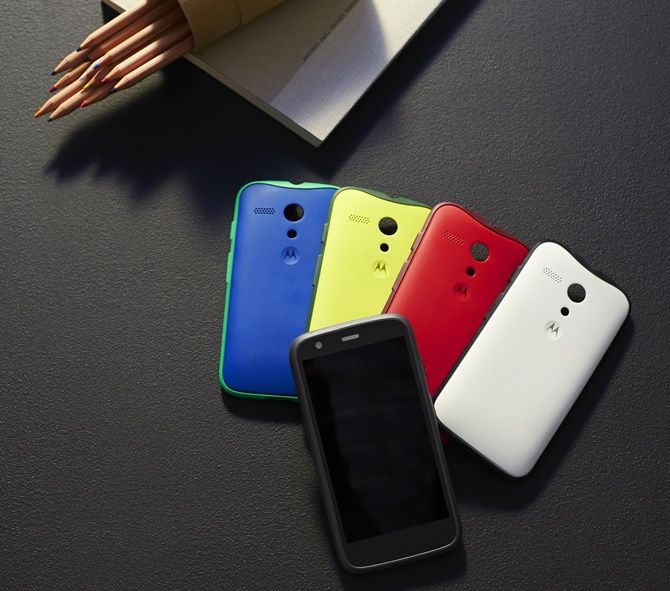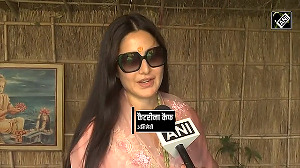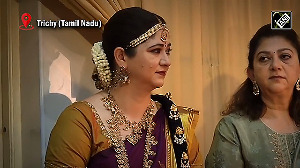 Tech giant Motorola on Sunday said its strategy of using only the e-commerce route, instead of the traditional brick-and-mortar stores, has worked in its favour as validated by competitors who are now adopting similar ways to sell their devices online.
Tech giant Motorola on Sunday said its strategy of using only the e-commerce route, instead of the traditional brick-and-mortar stores, has worked in its favour as validated by competitors who are now adopting similar ways to sell their devices online.
Motorola, which launched its 'Moto G' smartphone in India through Flipkart in February, was among the first players in the world's second most populous market to exclusively adopt the online route to sell its devices.
Since then, other players like Xiaomi, Asus and Alcatel have opted for a similar model, launching devices exclusively through select e-commerce firms like Flipkart and Snapdeal.
"The success of Moto G validates that our strategy was spot on. Many more people are now using e-commerce (to sell devices) and many more will come on board. We have the first mover advantage," Motorola India General Manager Amit Boni told PTI.
Since then, Motorola has launched two other devices -- Moto E and Moto X -- exclusively through Flipkart. "We have a significant portfolio coming up. India is one of the most important markets for us and pretty soon, we will have more devices here," Boni said, adding that business in India is doing "phenomenally well".
The US-based firm is scheduled to launch a new device on September 5 but did not disclose any details of the event.
According to reports, the company may launch successors of the Moto X and Moto G alongside its much-awaited Moto 360 smartwatch. After being acquired by Google in May 2012, Motorola Mobility stopped introducing new products in India.
However, the firm continued with its operation in the Indian market.
Affordable handsets Moto E and Moto G, alongside mid-range Moto X, have seen impressive response from buyers in India and helped the firm compete with the likes of Samsung, Micromax and Nokia.
India is the fastest growing smartphone market in Asia Pacific, growing at 84 per cent year-on-year to 18.42 million units in Q2 2014 from 10.02 million units (in April-June 2013 quarter), according to research firm IDC.
Samsung led the Indian smartphone market with 29 per cent share, followed by Micromax 18 per cent, Karbonn 8 per cent and Lava six per cent.









 © 2025
© 2025